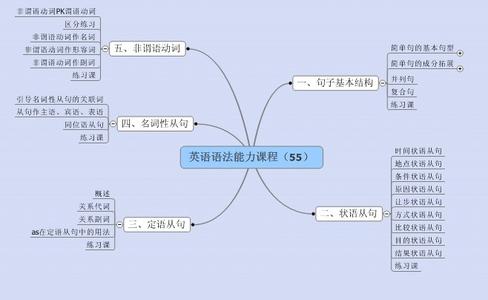I’ll stay here and keep you company. 我留下来陪你。
My aunt came to stay for a week as company for my mother while I was away. 我离开的时候,我的姑妈来陪了我母亲一个星期。
2. 表示“客人”“伙伴”等,可指一人或多人,此时是不可数名词,且一般不与冠词连用。如:I had no company on the journey. 我在旅行中没有同伴。
He was very good (bad) company. 他是个有趣(乏味)的伙伴。

We’re expecting company next week. 我们下星期有客来访。
3. 表示“有某人做伴”,可用 have one’s company 或 have sb as company 等。如:I’m glad to have her company. 我很高兴有她做伴。
He was glad to have the dog as company. 他很高兴有狗做伴。
4. a company of后接复数名词,表示“一队”“一群”“一伙”,用作主语时,谓语动词可用单数(视为整体)或复数(考虑其个体)。如:A company of travelers is [are] expected to arrive soon. 一批游客很快就到。
5. 表示“公司”时,有时还可表示公司名称中未列出姓名的合伙人,用于专有名词时,注意以下两点:(1) 用了&(=and),则其前不能用冠词;若没用&,则其前用不用冠词均可。
(2) 带有&的公司(company)用作主语时,其谓语通常用复数。如:
Smith & Company are holding their annual meeting.=(The) Smith Company are holding their annual meeting. 史密斯(和其他人合开的)公司正在召开年会。
 爱华网
爱华网



